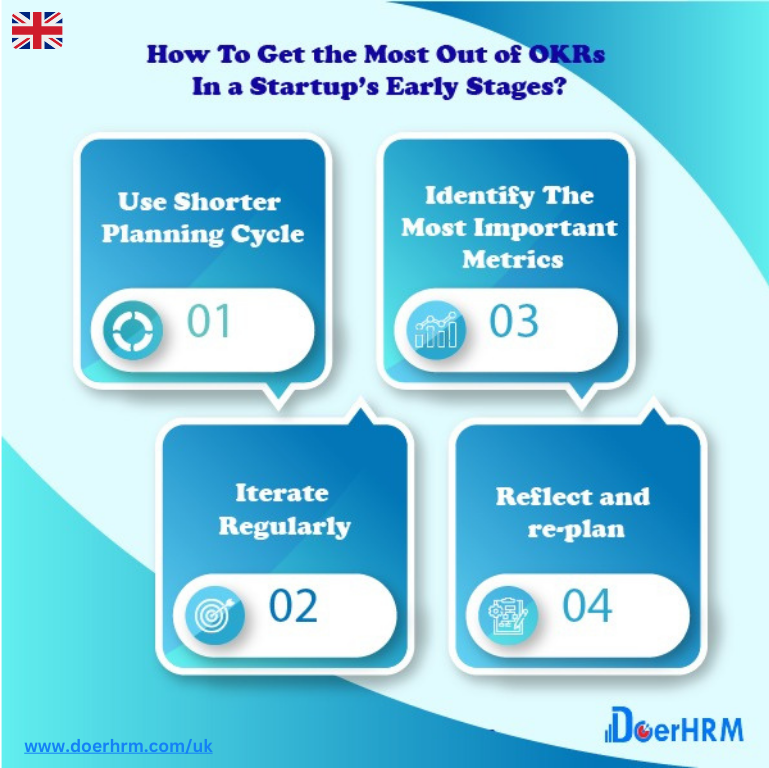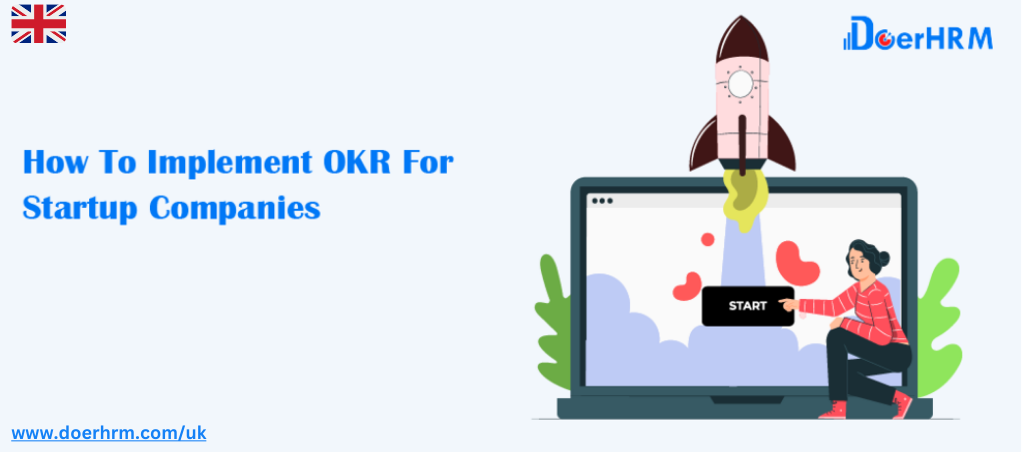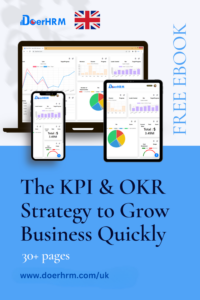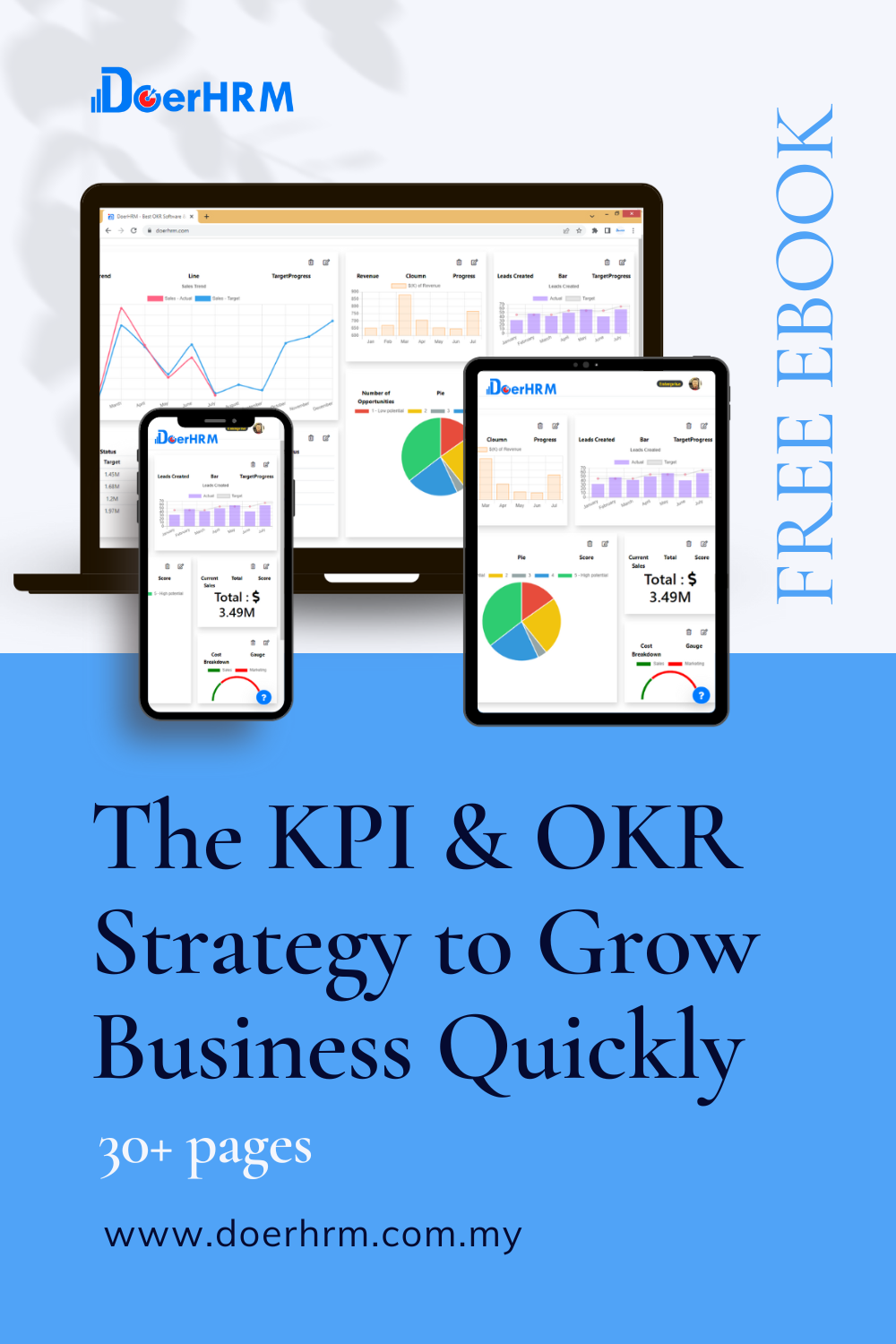If you’re wondering how you might be able to best manage a smaller scale business, you might think traditional corporate project management tools are overkill. However, using OKR for startup companies can make your agile processes more effective, by clarifying how to measure success.
Increasing productivity with OKR for startup companies is a relatively newer idea. Usually implemented at larger organizations, OKRs benefit teams of all sizes. OKR for startup companies work best in shorter timeframes. You can measure OKR for startup companies by the month or longer to track progress on projects. If you want to focus on more immediate goals, you can even break down your OKR for startup companies into smaller objectives by the week, and workday.
Here’s how to get the most out of OKRs in a startup’s early stages — and avoid the key challenges.

1. Use shorter planning cycle
At Google and Intel, OKR planning occurs quarterly, with each target including three to four critical results on average. Startups, on the other hand, have fewer employees and constantly shifting assumptions. Consider shortening the timeline and decreasing the overall number of targets when you are planning the OKR for startup companies. You might use a 4-6 week planning cycle and restrict the important results per aim to 1-3.
2. Identify the most important metrics
The OKR framework is an effective goal-setting tool. But what good is it to create a product that doesn’t engage or keep customers? Limiting business OKR for startup companies ensures that everyone is focused on 1-3 critical indicators that are time-bound and quantifiable. As a result, the whole team is focused on the most crucial aspects of delivering business impact.
3. Iterate regularly
OKRs are typically stretch objectives. If you miss the OKR for startup companies by a significant margin, you should reassess and iterate towards the conclusion of the cycle. To keep your team focused, present the status of key results in your weekly review meetings. You’ll be able to understand where you went wrong and how you may improve your goal-setting for the following cycle.
4. Reflect and re-plan
At the end of each cycle, evaluate the prior OKR for startup companies and write a retrospective to record your learnings. Then you may decide what’s most essential. Execution is known to reduce anxiety, but detailed planning and strategizing are known to increase anxiety. So, whether you replan for two days or five days every four to six weeks, you’ll almost certainly gain the productivity benefits of figuring out what not to focus on.
Conclusion
Managing OKRs for startup companies is simpler with smaller teams, enabling regular check-ins. Managers can also establish specific OKRs with individual employees in startups. Emphasizing direct benefits for customers or team members in startup OKRs is crucial, promoting autonomy and efficiency. Aligning objectives with customer needs fosters flexibility, focusing on overall goals. Periodic reviews and planning for subsequent cycles are essential in achieving startup OKRs. Commencing OKRs for startup companies early is beneficial, allowing teams to plan and implement them effectively. Start your OKR journey with your team today!
If you’re experiencing difficulties using OKR for startup companies, we hope this guide will help you improve your implementation and utilise them to focus on the people who matter most: your customers and your team. After all, the company would not exist without these individuals.










Wow, what a thought-provoking piece by DoerHRM! This article highlights the significance of employee well-being and how it directly impacts overall organizational success. I learned about the various well-being programs and initiatives that can be implemented to boost employee satisfaction, reduce stress levels, and increase retention rates. I’ll definitely be recommending this article to my HR colleagues. Thanks for sharing this valuable information, DoerHRM!